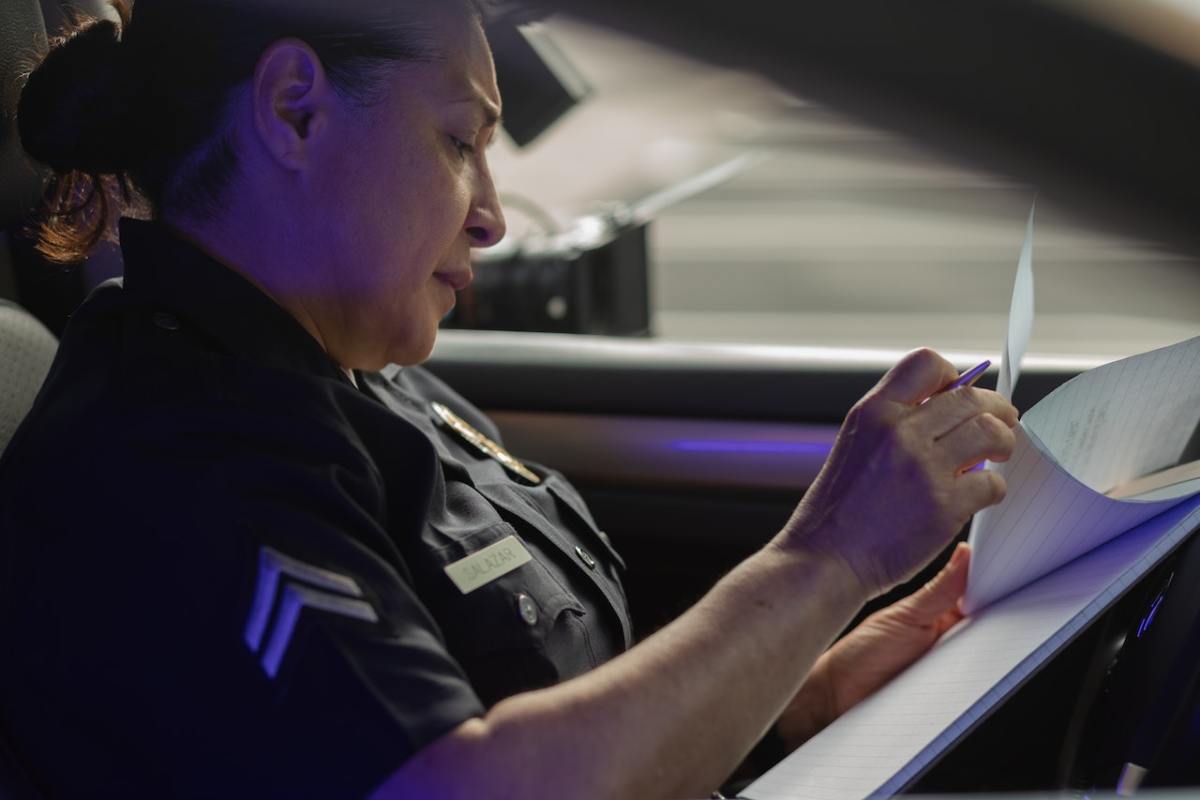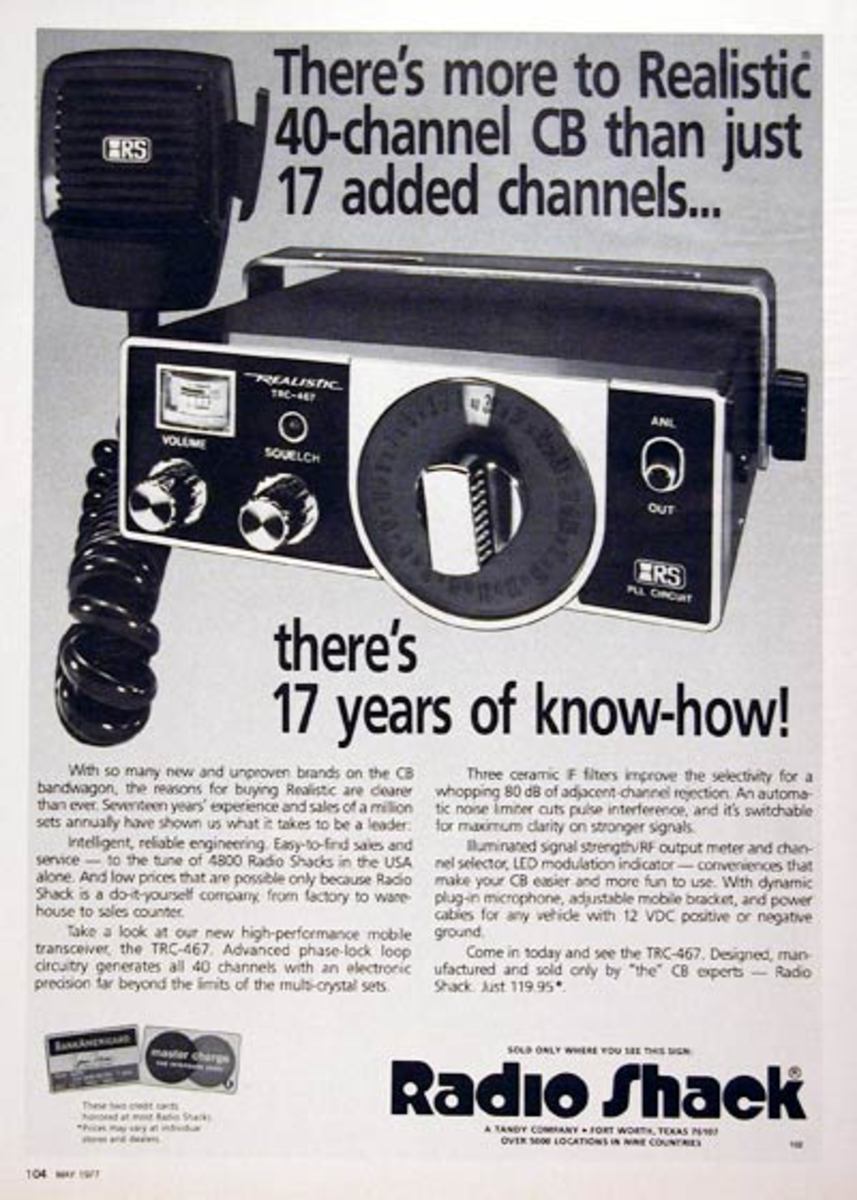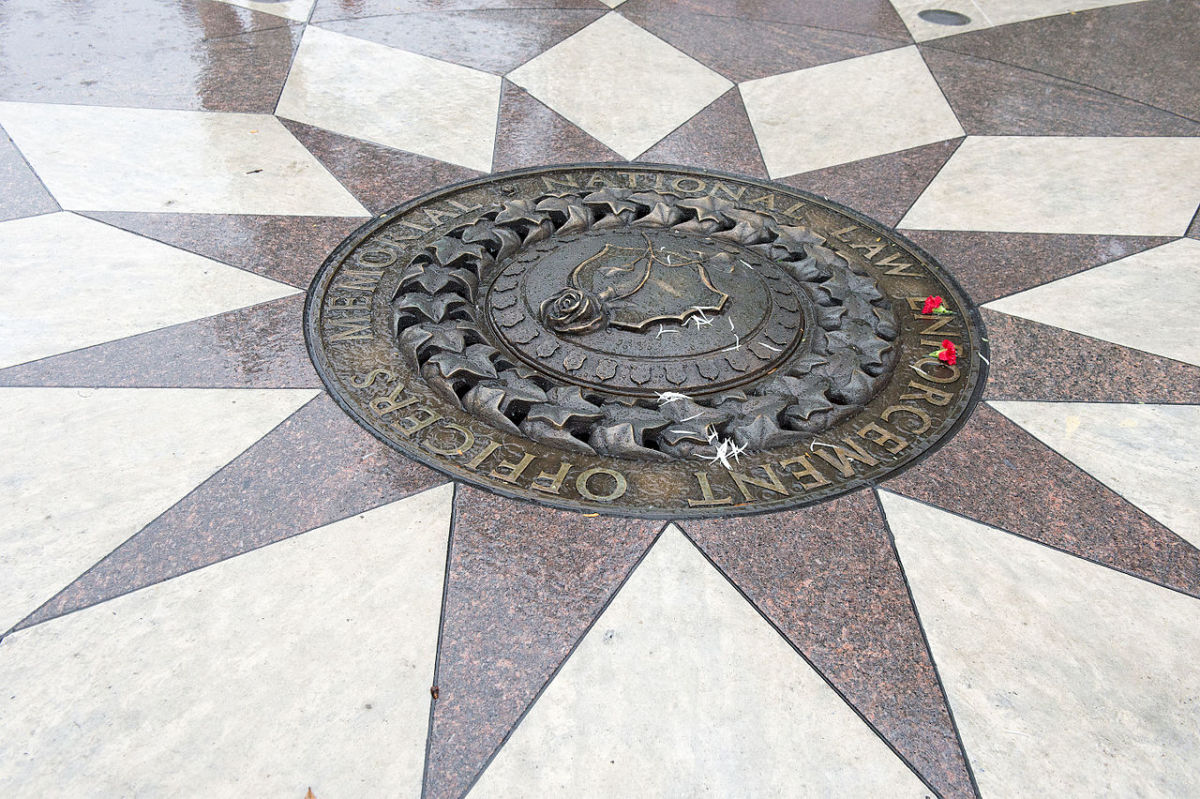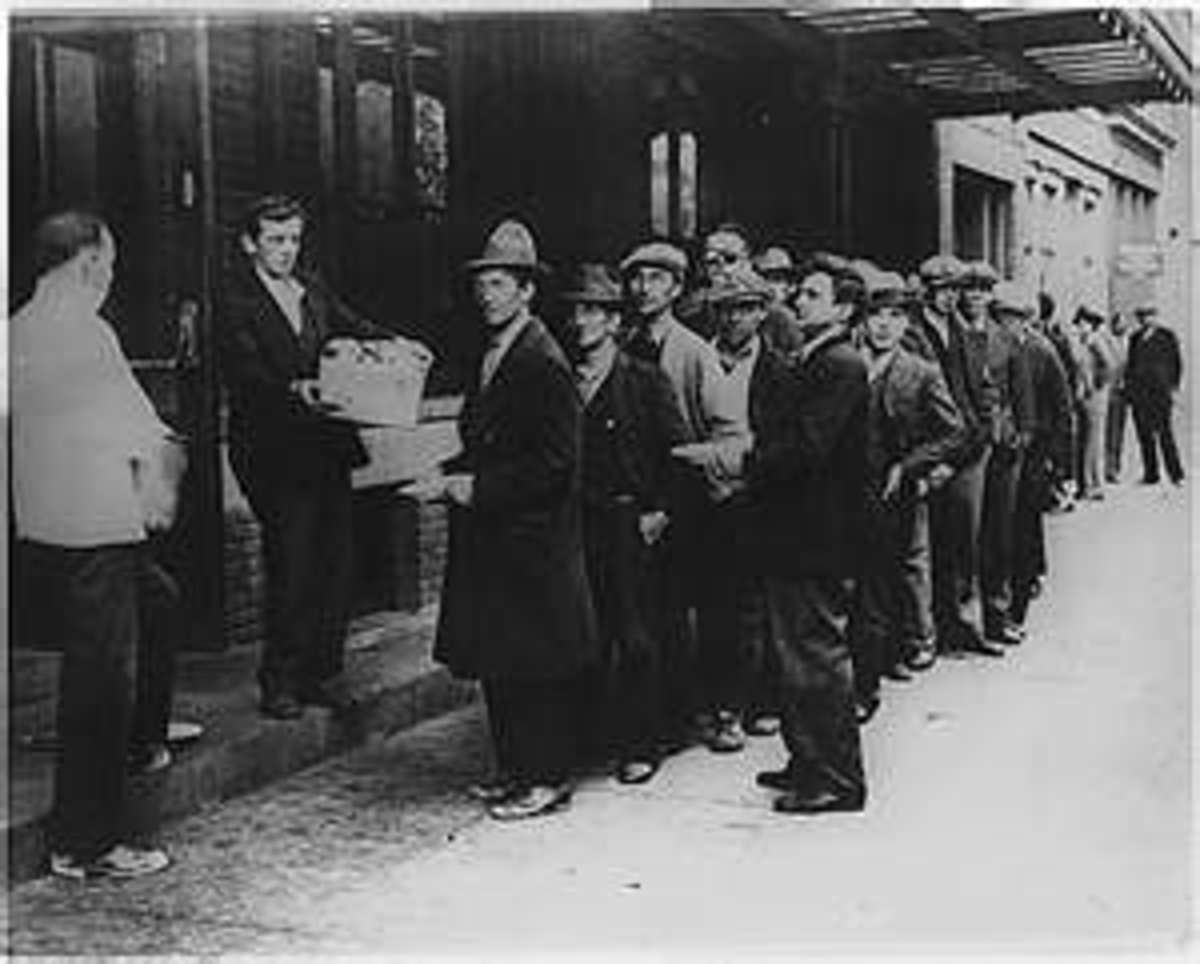What to Do When Getting Encountered or Pulled Over by Police Officer
An encounter with police officers can have life altering consequences....
Remember, when getting pulled over, a police officer is trying to build a case against you right away. That’s what a cops job is. Your job should be defending yourself from the second those flashing lights are activated. If you’re able to safely pull over and stop relatively quickly, you will be more easily able to determine the exact spot the officer noted your violation as well as the exact spot you stopped. This is important if you want to fight the ticket in court. It may be important to your case to have precise locations.
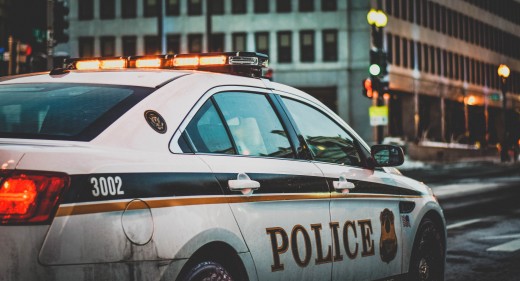
Do's and Dont's when Interacting with Police
- Don't give any details. Police officers know how to draw information out of you. They also know how to manipulate any words that you may use to describe about yourself or your actions. You are not obligated to give details. It is human instinct to react nervously when responding to any questions from cops. Most people get nervous and talk to much and this is exactly what they want.
- The less you say, the better. You can answer identity questions politely but you are not obligated to say anything more. For example, as the officer approaches the vehicle, he may ask you "do you know why I pulled you over?” the answer should always be “No,” even if you are aware that you were speeding or that you have contraband in the vehicle. Officers will record your statements of guilt for use later in court if they are required to testify. In this case, it is simply the best course not to admit anything..Remaining silent is not only within your legal rights, it is strongly recommended for your own benefit. Don't be rude or sarcastic but don't engage in their conversation.
The Do's and Dont's when interacting with police ...
- "I would like to speak to my attorney" is not an admission of guilt. As a steadfast rule, you should always refrain from speaking with police until you’ve been able to speak with an attorney. Let them know that you no longer wish to be questioned and you want your lawyer. They may become assertive but don't let that scare you into talking. Remain with your statement that you don't want to answer any lines of questioning and that your attorney must be present for anything further to be discussed.
- Don't give them any consent of any kind to search you or your vehicle (or even your home). You don't want to open anything up to use against you even when you have done nothing wrong. They will ask your permission to search through your phone, car, wallet, or anything at all. Politely decline and stick to it. This is your Fourth Amendment Right and even if you have nothing to hide you don't know if someone else put something in your possession that you are unaware of. Never give consent to search!
- Make sure that both of your hands are visible preferably on the steering wheel at 10 and 2. This is for your own safety and protection. Make sure your hands are visible and you are not moving around because if not they will consider you a threat.
- It is a good idea to tell the officer where you are reaching and why. Telling the officer where you're reaching and why also helps ease tensions, if the registration or other documents are in an odd place, such as a compartment behind the seats.
- Do not debate, complain, or give any opinions about the situation with the officer. There's always the opportunity to file a complaint later, It serves no purpose to debate with an officer on the side of the road. Obviously, he stopped you because he believed there was an observable violation. He's got to prove that in a court of law so wait for the right time and place. There is no way you are going to help him have a change of heart. The officer already had his mind made up and they are usually to proud to admit a mistake.
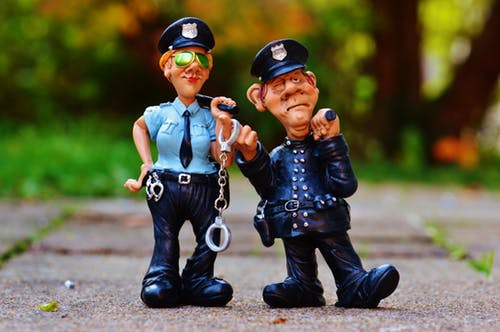
Giving your story to police can lead to misunderstandings and inconsistencies

More Do's and Don'ts ...
Early in your interaction would be a good time to tell the officer you respectfully choose not to answer questions today. He’ll probably be annoyed, but that’s life!
Don't roll your window all the way down, roll your window down only a quarter of the way; just down far enough to pass documents and clearly communicate with the officer. This is very important because it is a common way for the police to escalate a traffic stop is to place their head into an open window and claim that they smell marijuana or alcohol or something else illegal even if they didn’t. This gives them the an excuse to say they found probable cause. This gives them the reasoning they need to invade more of your personal space. If you don’t roll your window very far down, it will be hard for the officer’s “I smelled marijuana” argument to hold up in court if it came to that.
Do not debate, complain, or give any opinions about the situation with the officer. There's always the opportunity to file a complaint later, It serves no purpose to debate with an officer on the side of the road. Obviously, he stopped you because he believed there was an observable violation. He's got to prove that in a court of law so wait for the right time and place. There is no way you are going to help him have a change of heart. The officer already had his mind made up and they are usually to proud to admit a mistake.
Again, this is very important so I am repeating it:
Don't answer any questions. Even when they try to make small talk, do not answer at all. Remain silent, it is your Fifth Amendment Right. They will seem harmless and friendly at times but it is their job to build a case against you; so anything you would say to them would only dig you into a deeper hole. You will feel uncomfortable and that is what they want you to feel but remain silent and remember that this is the most important rule of all. The only time you will answer the officer with a "no" is when he asks you if you know why he pulled you over. After that, don't answer anymore questions. You cannot get in trouble for refusing to answer a question.
Always Remember:
You cannot lie to the police. It is always best to remain silent because anything you tell them will be used against you. But, did you know that it is perfectly legal for the police to lie to you? Yes it's true, they can lie to you as much as they want and it is legal. It is just best to keep quiet and remain silent.
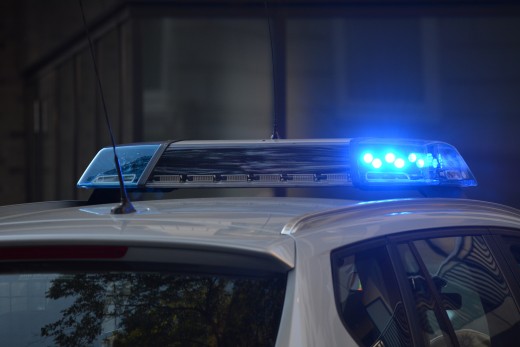
It's not always as it seems
On a traffic stop, the cops are not only looking for traffic violations; they are also looking for evidence of more serious crimes with which they can charge you with, including if you are intoxicated, if you have any illegal weapons, or if you have drugs or other contraband.
We have more rights than we are often aware of
It's also important to know that a police request is not an order, and you have every right to ask for clarification in this regard. For example, you don't have to roll down your window fully unless ordered. You may legally film police officers, though many certainly would prefer you didn't. You don't have to answer incriminating questions, nor do you have to consent to a search without a warrant. If you politely refuse a search and the cop claims he will call a K-9 unit, you have every right to ask: "Am I being detained, or am I free to go?"
Remain Silent and Don't Let them Trick you into Talking
Even if you wish to confess, it’s better to do it later
If your actions prompt you to seek a guilty plea, doing so during an initial arrest is without a doubt the worst place and time to do so. Without a legal counsel, confessing to police makes their case absolutely concrete without the possibility of a beneficial concession. Even if you are guilty, they don't need to hear anything now.
The far better option, even when guilty, is to remain silent during the arrest and wait for a lawyer to oversee the next step of the legal proceeding. More often than not, a lawyer can arrange a deal be put in place whereby the defendant is granted a lesser punishment in return for accepting responsibility.
Admitting guilt to a police officer will award you nothing in return while possibly leading to an even harsher punishment you might have received otherwise since the case against you has been made solid thanks to your confession.
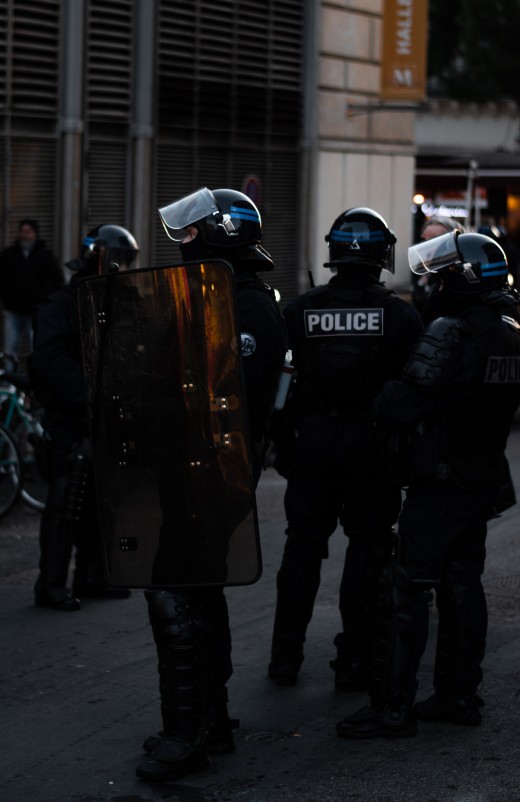
This content is accurate and true to the best of the author’s knowledge and is not meant to substitute for formal and individualized advice from a qualified professional.

